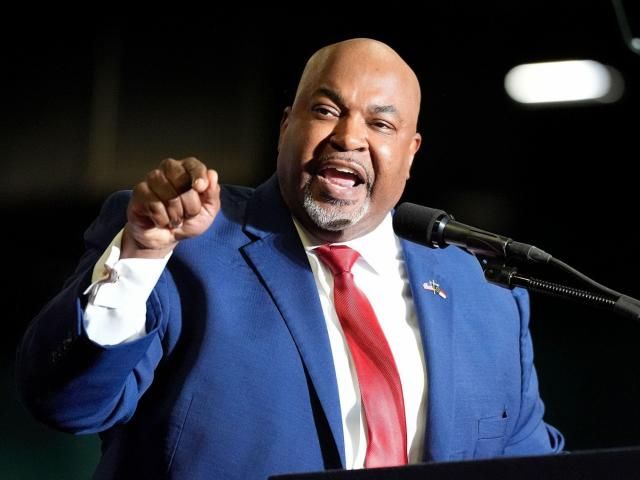In a recent video obtained by WRAL News, Lieutenant Governor Mark Robinson expressed his stance on federal funding for North Carolina schools. The video, captured at a private event near Asheville on July 10, shows Robinson stating that he would reject federal funding for the state’s education system. This bold statement has sparked a debate among politicians, educators, and the public regarding the implications of such a decision.
Robinson’s remarks came in response to a question from an attendee about combating school bureaucracy at the federal level. He voiced his preference for North Carolina to opt out of federal education funds, stating, “If I had my way about it, they’d send the check and I’d say, ‘Oh, no, you can have it. I don’t want your money. Your money comes with too many rotten obligations. We don’t want it.'” Robinson further emphasized his belief that there should be no federal Department of Education, aligning with the sentiments of some conservatives who advocate for abolishing the department.
The idea of rejecting federal education funds is not unique to Robinson, as Republican state schools superintendent candidate Michele Morrow also expressed her desire to remove federal government involvement in North Carolina schools. Morrow highlighted concerns raised by teachers regarding being “forced to do things” due to federal regulations and emphasized the strings attached to federal funding, which often come with specific agendas and expectations.
While some states, such as Utah, Oklahoma, and Tennessee, have considered turning down federal education funds, none have followed through with the decision. Tennessee lawmakers previously issued a report indicating that replacing federal funds with state money would limit their ability to make other investments, raising questions about the feasibility and consequences of such a move.
The financial implications of rejecting federal education funds are significant for North Carolina. In the 2023-24 school year, the state received approximately $1.67 billion in federal support, with allocations for various programs benefiting lower-income students, school nutrition, special needs students, career and technical education, and other initiatives. Rejecting federal funding would create a substantial gap in the state’s education budget, posing challenges in maintaining essential services and programs.
Critics of Robinson and Morrow’s proposal, including Democratic gubernatorial candidate Josh Stein and DPI superintendent candidate Mo Green, have raised concerns about the potential negative impact on public schools, particularly for lower-income students. The North Carolina Association of Educators also condemned the plan, labeling it as “callous and irresponsible” and emphasizing the importance of investing in students’ success through all available resources.
As the debate over federal funding for North Carolina schools continues, it remains to be seen how policymakers will address the complex issues surrounding education funding, bureaucracy, and government involvement in shaping the state’s education system. The differing perspectives and proposed solutions underscore the challenges of balancing financial considerations, educational priorities, and ideological beliefs in shaping the future of education in North Carolina.


